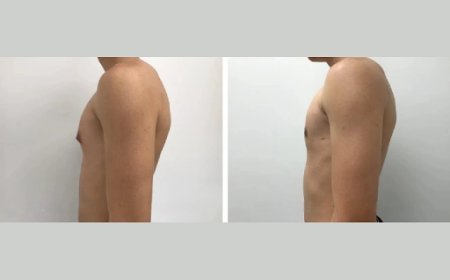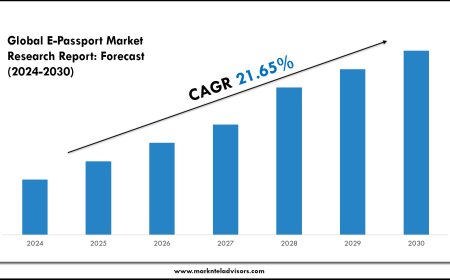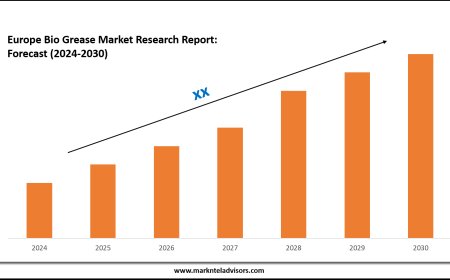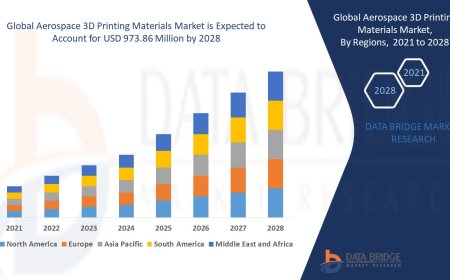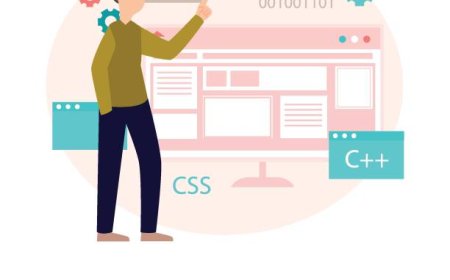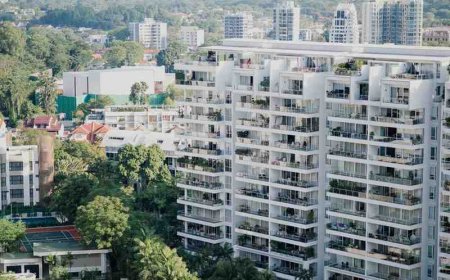Beyond the Clinic: How a Purpose-Built SDOH Referral Platform Transforms Community Health Impact
Beyond the Clinic: How a Purpose-Built SDOH Referral Platform Transforms Community Health Impact

In todays healthcare landscape, much of what influences a persons well-being happens outside the clinic walls. Health is not just about prescriptions, procedures, and diagnoses. Its about where you live, how you eat, whether you have access to transportation, support systems, and even whether you have a job. These are called social determinants of health (SDOH)and addressing them effectively requires more than just traditional medical care.
Enter the SDOH Referral Platform: a new generation of technology built to revolutionize how communities and healthcare systems collaborate to meet the non-clinical needs that profoundly affect health outcomes.
Why Traditional Systems Fall Short
Hospitals and clinics are built around clinical carethink lab tests, surgeries, EHRs, and discharge summaries. But what happens when a patient is discharged into homelessness, food insecurity, or unemployment? The medical intervention may have been a success, but the patient's well-being continues to deteriorate.
Most health IT systems are ill-equipped to handle these non-clinical dimensions. At best, referrals to community resources are ad hoc, disconnected, and untracked. Theres no closed loop, no visibility into whether the support was delivered, and no system of accountability. Thats where a purpose-built SDOH Referral Platform steps in to close these gaps.
What Makes an SDOH Referral Platform Stand Out?
Unlike traditional healthcare systems, an SDOH Referral Platform is specifically designed to coordinate care across a wide range of non-clinical services. It functions as a collaborative digital hub, empowering caseworkers, social service organizations, healthcare providers, and community members to:
-
Submit and track SDOH-related requests in real time.
-
Ensure timely delivery of essential services like housing, food access, and mental health support.
-
Monitor outcomes and generate data-driven insights for decision-makers.
-
Build a closed-loop referral system, ensuring nothing falls through the cracks.
Platforms like GridSocial from Social Roots are leading the charge in this field. Theyve recognized that supporting SDOH needs isn't a side job for cliniciansits a critical, stand-alone function that requires its own systems, workflows, and partnerships.
Real-Time Coordination at Community Scale
One of the most compelling features of a robust SDOH Referral Platform is its ability to break down silos between organizations. A single platform can bring together hospitals, schools, food pantries, mental health providers, housing services, and local governments under one digital roof.
Heres what that looks like in practice:
-
A pediatrician identifies food insecurity during a well-child visit and instantly sends a request via the platform to a local food bank.
-
The food bank receives the request in real-time, confirms receipt, and fulfills the request within hours.
-
All actions are time-stamped, tracked, and reported back to the referring provider.
-
Data from this interaction is fed into dashboards that public health officials can analyze to see trends and allocate resources accordingly.
This isn't science fictionits happening now with purpose-built systems like GridSocial.
Data with a Mission: Driving Measurable Health Outcomes
Modern SDOH Referral Platforms dont just help individualsthey generate population-level insights. Every request, referral, and fulfillment adds to a growing data pool that helps stakeholders answer big-picture questions:
-
Where are the gaps in community resources?
-
Which neighborhoods face the highest unmet needs?
-
What services are most in demand?
-
Are interventions actually improving health outcomes?
This kind of actionable intelligence enables public health leaders and policymakers to make better, faster decisions based on real-world datasomething that simply isnt possible with generic EHR systems or spreadsheets.
The ROI of Social Care Integration
Integrating an SDOH Referral Platform into your community health infrastructure isn't just an ethical imperativeits financially sound. Studies have shown that addressing social needs can significantly reduce hospital readmissions, ER visits, and overall healthcare costs. This creates a win-win scenario:
-
For patients: Better outcomes, higher quality of life, fewer crises.
-
For providers: Reduced workload, improved care coordination, and happier patients.
-
For communities: Stronger social support networks, smarter resource allocation, and improved equity.
What the Future Holds
As healthcare continues to evolve, we are moving toward a model that sees the patient as a whole personone whose needs cannot be divided into clinical and non-clinical boxes. The SDOH Referral Platform is the technology infrastructure that enables this transformation. It doesn't replace clinical careit enhances it by ensuring that the most vulnerable community members dont slip through the cracks.
Solutions like GridSocial are proving that when technology is designed with purpose, empathy, and community impact in mind, it becomes more than softwareit becomes a lifeline.
Ready to redefine community health? Discover how a SDOH Referral Platform can be your catalyst for change.






